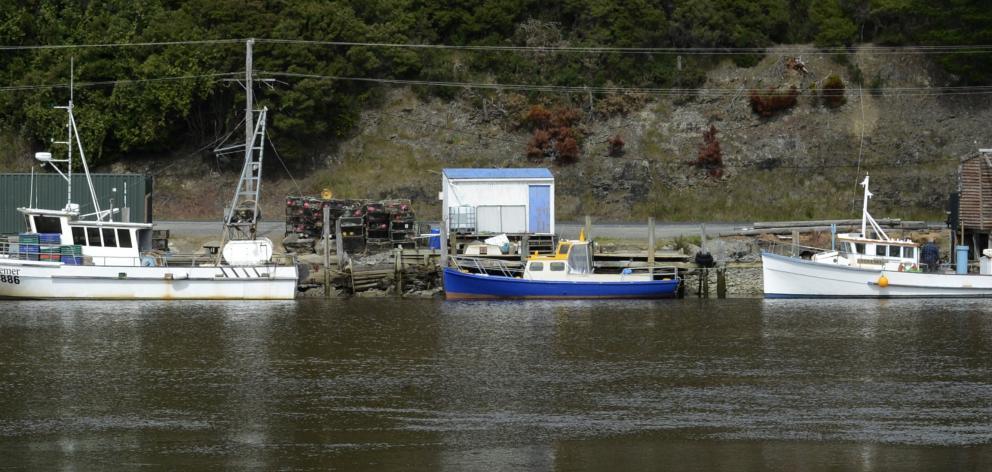
The Southern fisherman back the data collation concept but are calling for a halt and review of the proposal, but MPI appears be to holding firm to its timetable.
The ministry’s integrated electronic monitoring and reporting system (IEMRS) was launched last month.
The ministry said most of New Zealand’s fishing fleet would have to install digital monitoring devices, including geospatial position reporting (GPR) and cameras at costs running up to tens of thousands of dollars per vessel and pay annual fees.
A three-hour meeting in Invercargill yesterday attracted 50 commercial fishermen, including operators catching Bluff oysters, blue cod, crayfish, eels, inshore fin-fish and paua.
Fishermen’s spokesman Bill Chisholm said after the meeting all the fishermen believed the system was a workable idea, but recommended MPI immediately halt and review the implementation of it.
"It has the potential to provide better data for fisheries management ... but unless it’s done right, everyone’s going to suffer," he said.
"All we ask is that the ministry genuinely works with us within reasonable timeframes so we can get this project right."
An MPI spokesman said while appreciating the fishermen’s concerns, the ministry was still consulting them on all aspects, and cameras were up next for discussion.
"We’re confident that the programme can be implemented successfully on the current timeframe," the spokesman said.
Mr Chisholm said the implementation had "degenerated into a series of unworkable proposals" based on the ministry’s unilateral and rushed approach.
MPI wants trawlers over 28m to have GPR and electronic log books installed by October, and the rest of the fishers to follow suit, with cameras, by October 2020.
MPI said cameras were not required until October next year, and then phased in across different fisheries.
"We’re confident that this is more than enough time to work with industry to get the implementation of these new regulations right," the spokesman said.
Mr Chisholm said eel and paua catchers had already implemented their own hand-held type computer gear to collate data, but that had taken "at least two years" to streamline the data capture required.
He said the potential for computer outages and cost overruns alone was "massive", especially with MPI having "shoved accountability" for running the system platform to private providers.
"This means that if the system goes down, we can’t go fishing," Mr Chisholm said.
However, MPI said yesterday if systems broke down while at sea, fishermen could ask for permission to keep fishing. Mr Chisholm said the proposed regulations placed all the accountability on private companies and fishermen, and none on the MPI officials "who have dreamed up this mess".
On the question of his "unlawful" claims, Mr Chisholm said there were legal issues relating to privacy and also intellectual property (IP) protection issues.
MPI said it was carefully considering the privacy and IP issues, saying it would not be making information like fishing spots or commercially sensitive information public.
MPI said it was still consulting on the final details and specifications for how the e-logbooks and GPR would work on vessels.












